
Within the classical realm, the range and virtuosity of composition demands an equal measure of interpretation. Hannah Eisendle’s performance illustrated this with a spirited and novel direction.
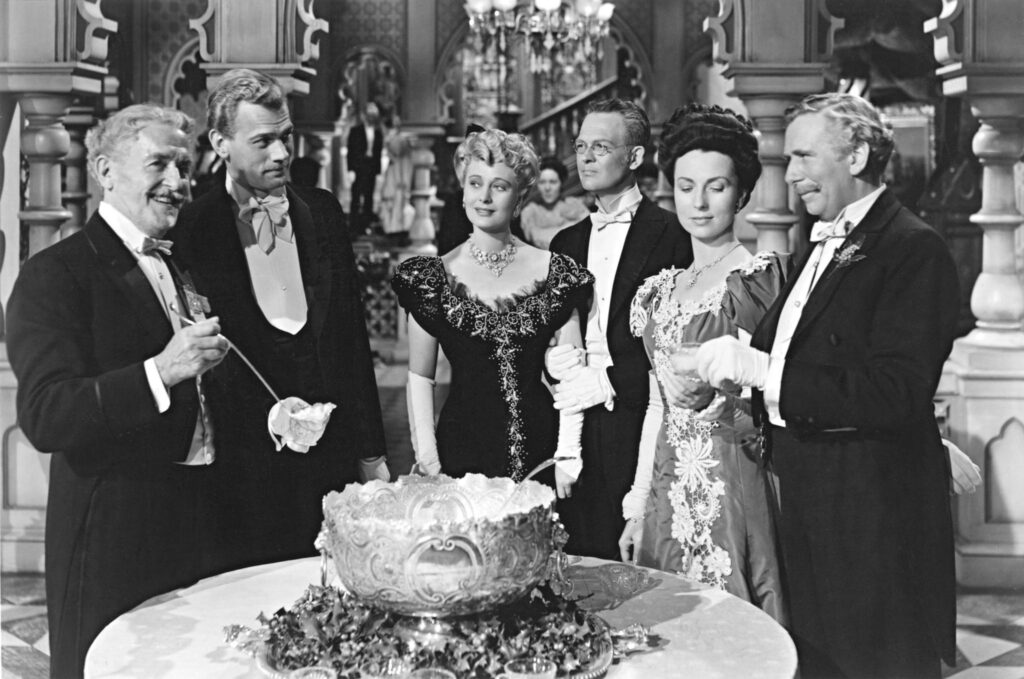
The Magnificent Ambersons engages with issues of technological and social change in modernity. But it is also a very human story, focusing on a single family, detailing the lives of its members as change rocks their way of life
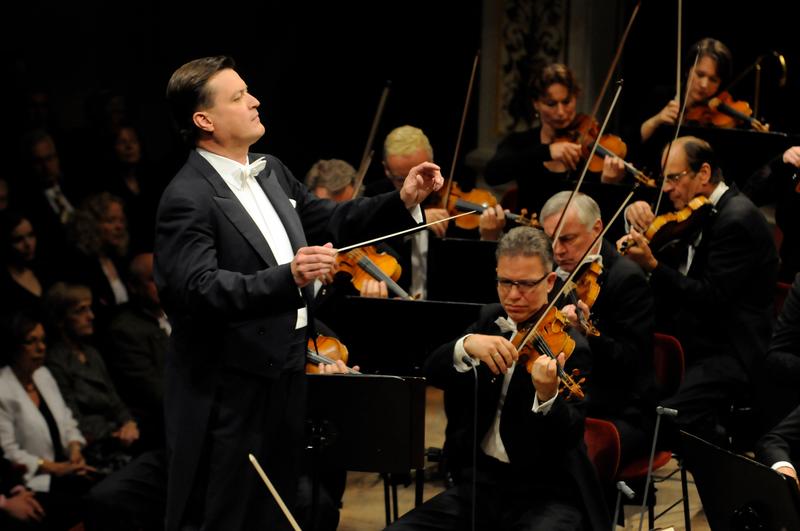
The Vienna Philharmonic’s visits to New York date back to 1956—a fine example of cultural diplomacy in the Cold War world and an enduring tradition.

Both the novel and the memoir touch on themes that are sadly out of fashion today: the brotherhood of arms crossing ethnic and cultural divides, individual bravery in battle, and the manly quest to build empires.

MasterVoices does not appear to be planning any Gilbert and Sullivan next season, but it should consider exploring that repertoire as it moves on. Events in Britain might just demand it.

A new book by ethicist Nigel Biggar argues that post-colonial guilt has been blown out of proportion.
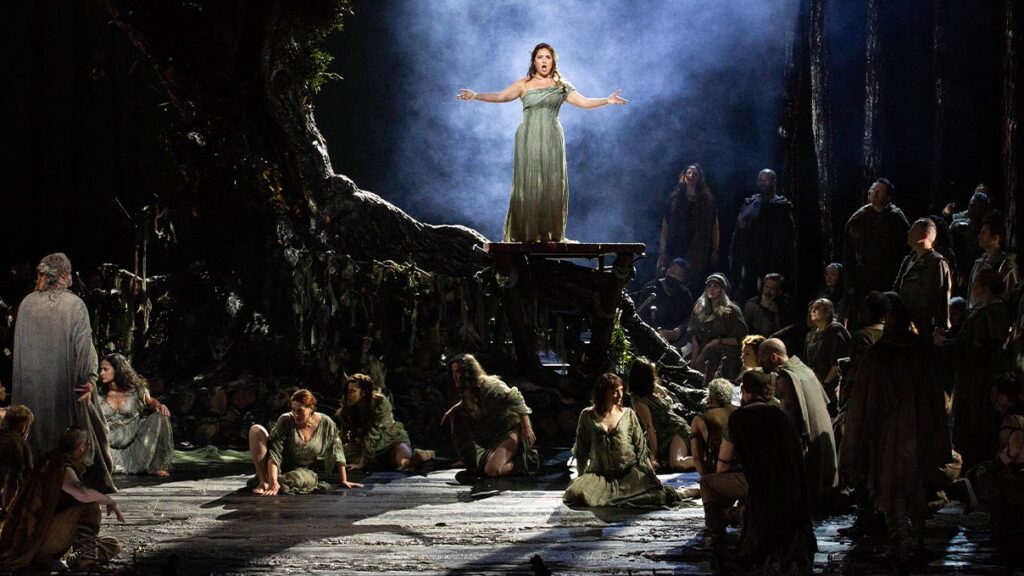
Sonya Yoncheva lacked that flame in crucial moments, though comparative listening across performances suggests that Maurizio Benini’s pedestrian conducting may well have been the culprit.

The old cowboy has had the great luck to be written and illustrated by people who love and believe in the original Luke, people who recognize that we still need joyful stories about heroes.

Defending tradition in an anti-traditional world such as ours requires both belief and boldness. Tim Stanley manifests both, combining wry humour and a sense of peace with the world unseen in many political polemics.

An honest sense of one’s own failings and shortcomings is part of what makes levity possible. One of the best books I know for inculcating humility through humor is Jerome K. Jerome’s novel, Three Men in a Boat (To Say Nothing of the Dog).
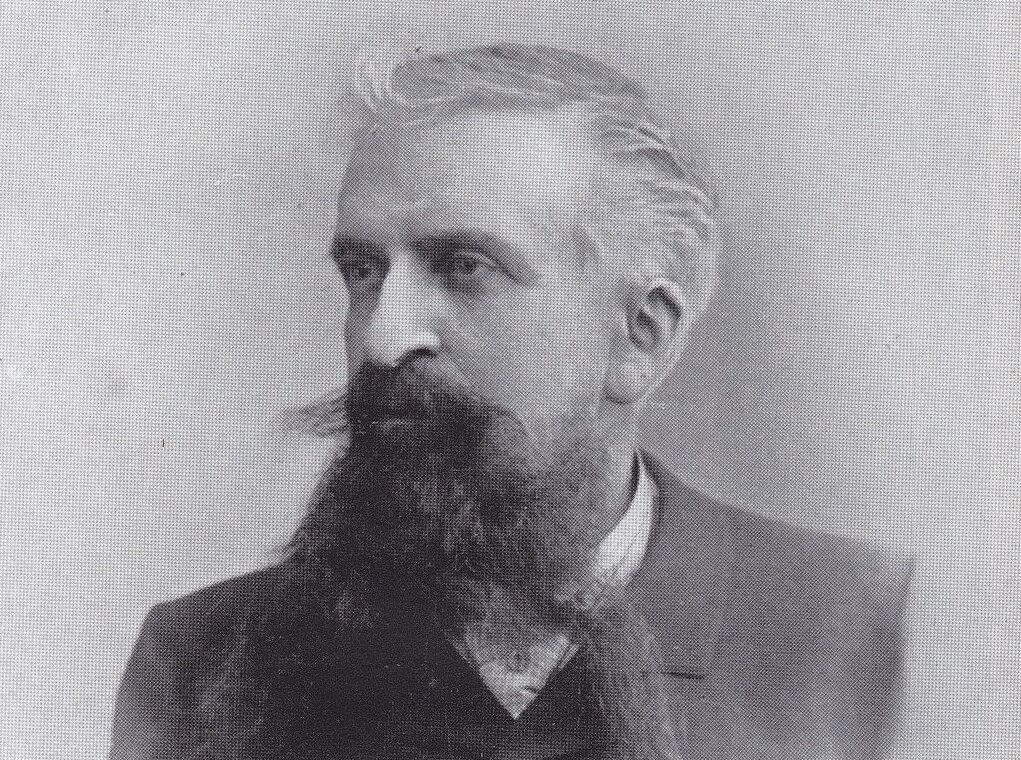
In The Crowd, Le Bon warns that when ideals are erased, cohesion is lost, individual characters weaken and develop excessive egoism, and, as their capacity for self-sufficiency diminishes, they become increasingly reliant on the government to direct them.

The program gave a splendid overview of ‘America’s Mezzo’ Susan Graham’s legendary career across the operatic firmament as well as in the jazzy tunes of the American Songbook. One only missed her triumphs in the operas of Richard Strauss.

Lohengrin, with its lush music and tragic exploration of trust, betrayal, and forbidden knowledge, has imaginative gifts to offer contemporary audiences. The music still soars, but only to the cave ceiling, not to the skies.
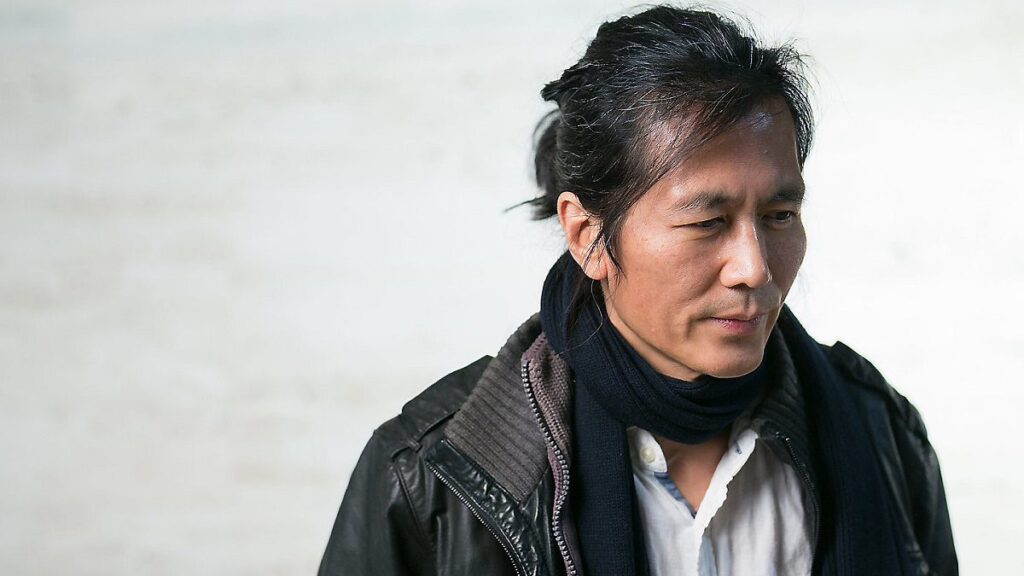
In his book The Disappearance of Rituals, Korean-German philosopher Byun-Chul Han presents a genealogy of the disappearance of rituals and its catastrophic effects on society.

For the Utopian, a unified and uniform mass of humanity is enabled by the “abolition of war,” which in turn can only be safeguarded by a “supranational agency, ultimately a world government.”

Strauss’s opera prizes innocence in a time of chaos, beauty over disorder, and the transcendence of suffering. Daphne is precisely the work that could lend itself to the revitalization of an opera company.

The Spear serves as a lectio divina of sorts, that is, as an opportunity to imagine oneself in the action of the Holy Scriptures.

Ultimately, the founding and the success of the State of Israel can only be described in religious terms: the flourishing existence of today’s Israel is a miracle.

A step up from the very literal productions usually seen here, this co-production by Opéra de Monte-Carlo and San Francisco Opera removes the action from its usual eighteenth-century setting to the fateful year of 1914.
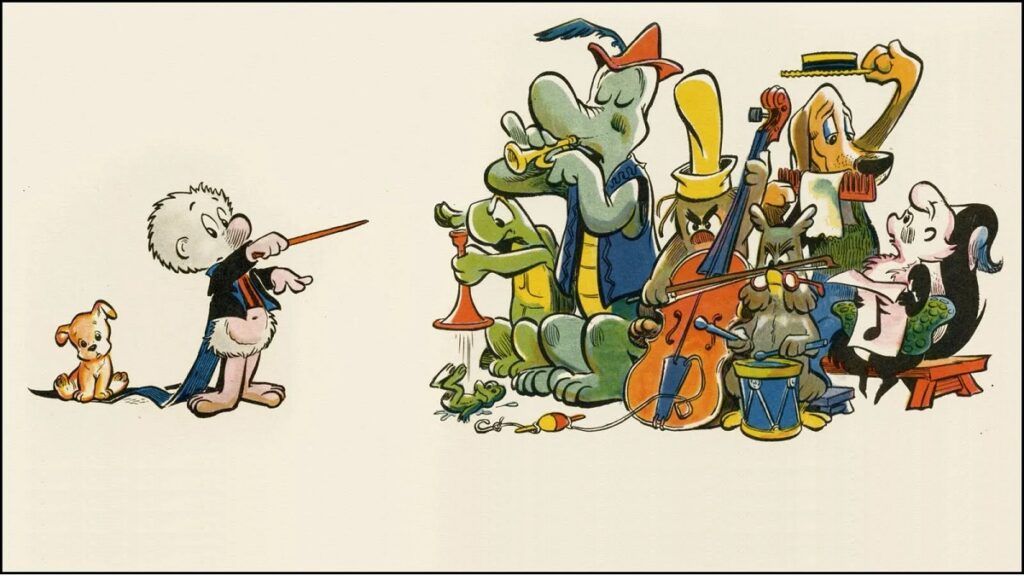
Pogo’s use of politics complements the other layers of art and satire perfectly. In a world where we are surrounded by bad art made for purely political purposes, Walt Kelly’s work is a breath of fresh air.

Bauerlein demonstrates in clear, elegant prose that a common frame of reference no longer exists, and the result for Millennials and Gen Z has been a disaster.